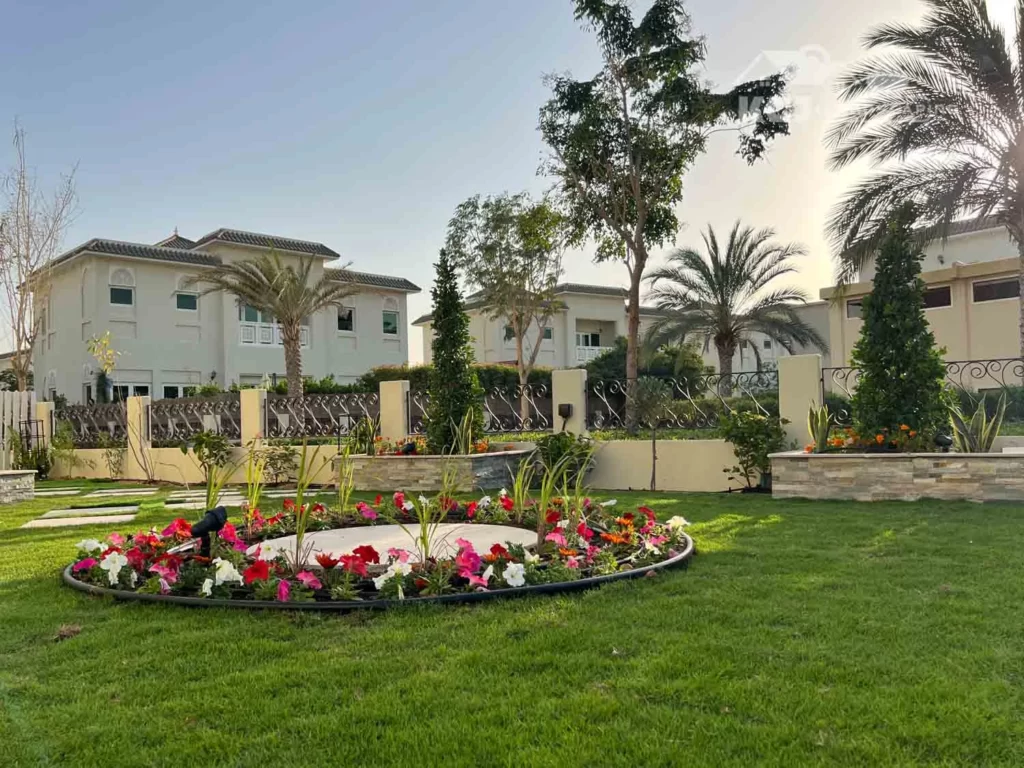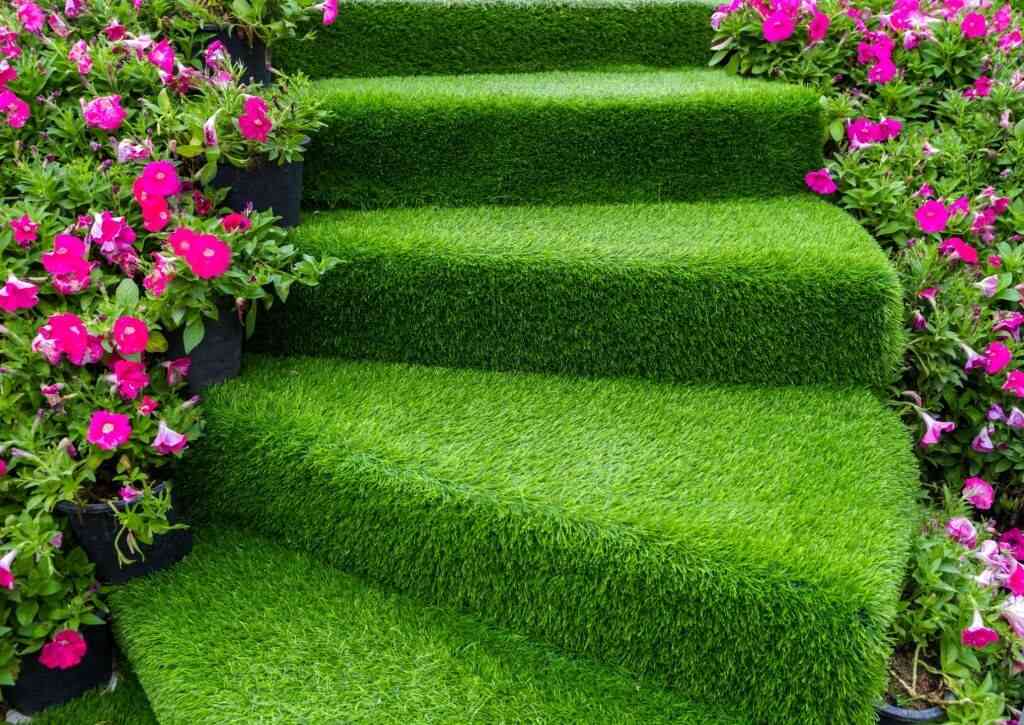Are you considering giving your lawn some TLC? Perhaps you’re tired of mowing and maintaining a natural grass lawn, but are concerned about the environmental impact of artificial grass.
Contrary to popular belief, artificial grass can be a more eco-friendly option than natural grass. One of the biggest environmental advantages of choosing artificial grass is water conservation. Natural grass lawns require a lot of water to maintain, whereas synthetic turf requires none. This can save homeowners hundreds of gallons of water each year, making it a more sustainable option.
Additionally, artificial grass eliminates the need for harmful pesticides and fertilizers that are often used on natural grass. These chemicals can harm not only local wildlife, but also nearby water sources. By choosing artificial grass, you can reduce the amount of pesticides polluting the environment.
Finally, artificial grass requires no lawn maintenance, meaning no gas-powered mowers or trimmers. This reduces air and noise pollution, making it an all-around win for the environment.
In conclusion, opting for an artificial lawn can be a smart choice for those looking to minimize their environmental impact. By reducing water usage, the need for pesticides, and lawn maintenance, you can create a beautiful outdoor space that’s more sustainable for future generations.

